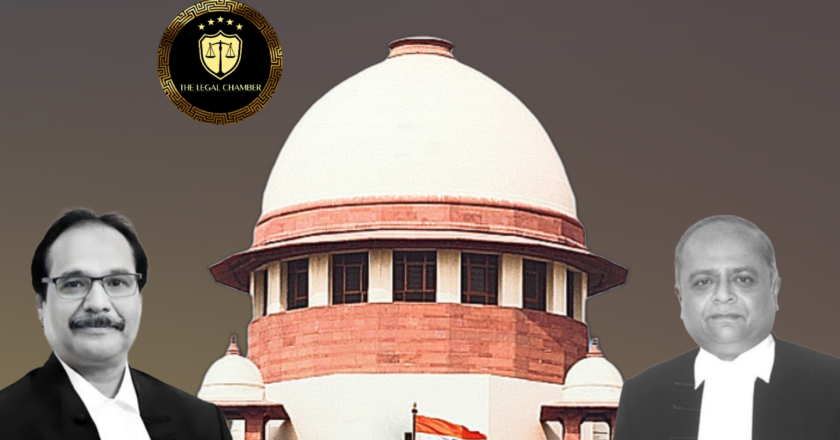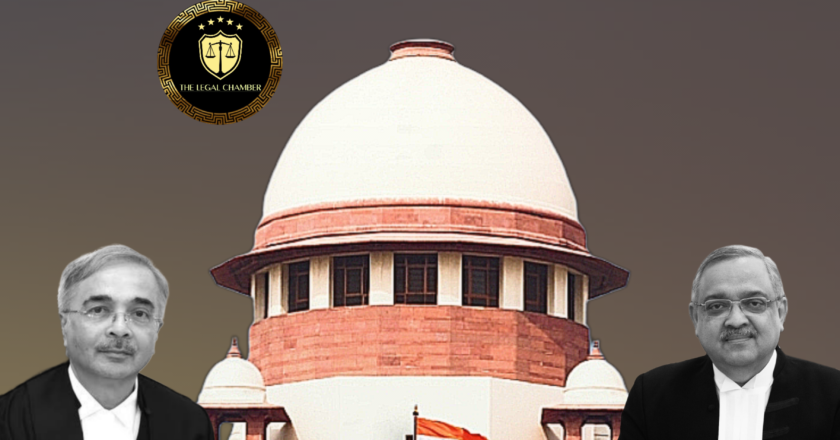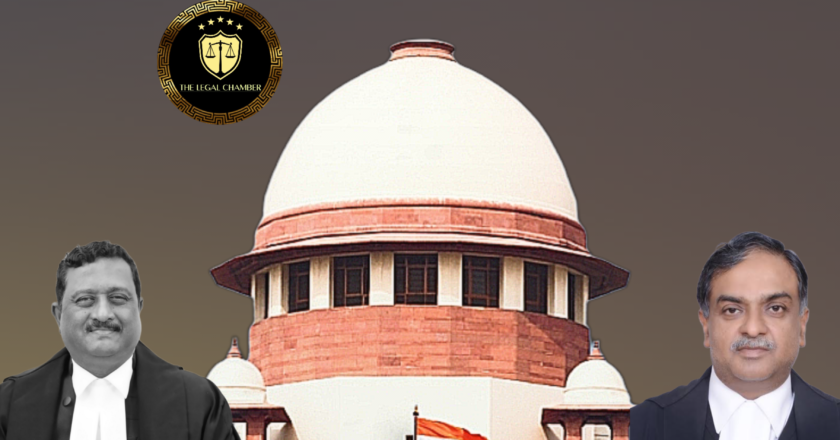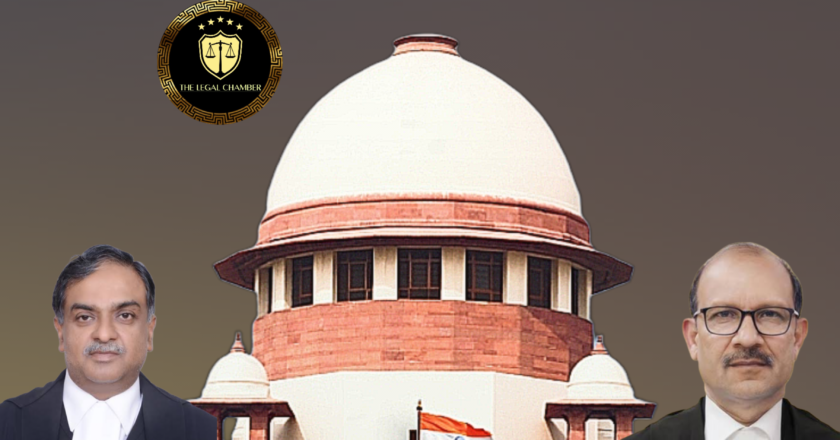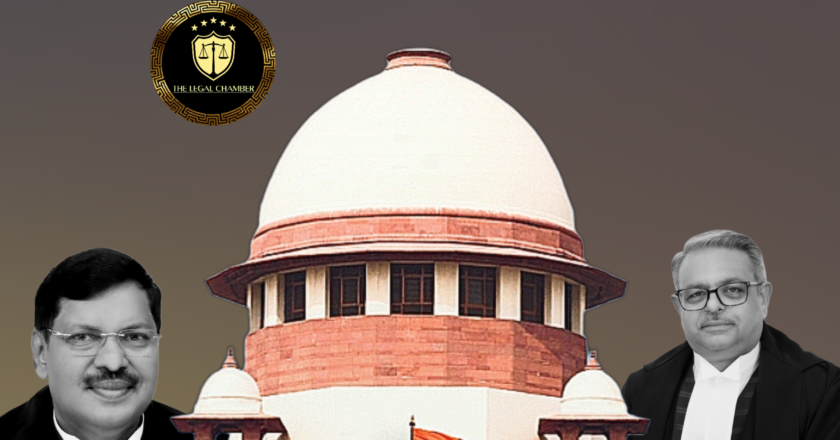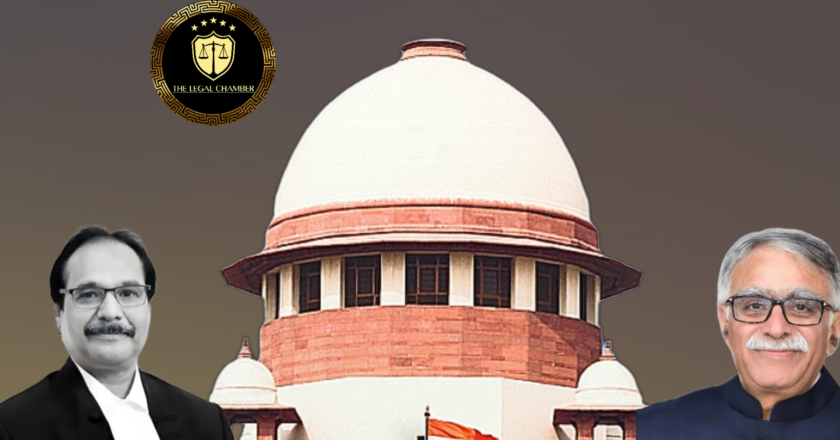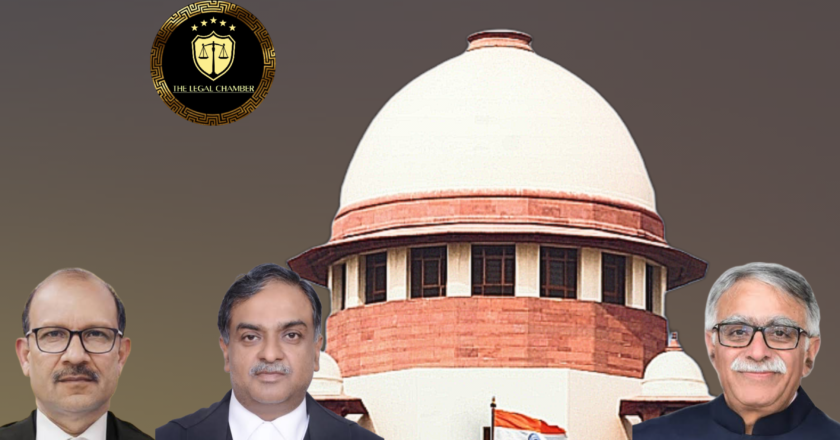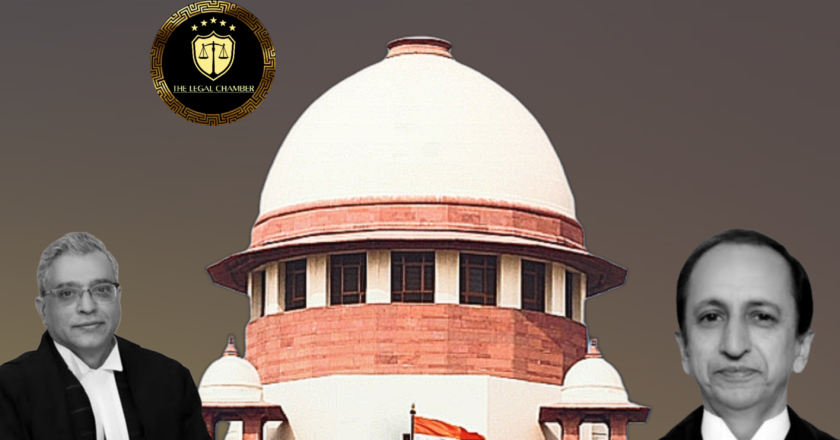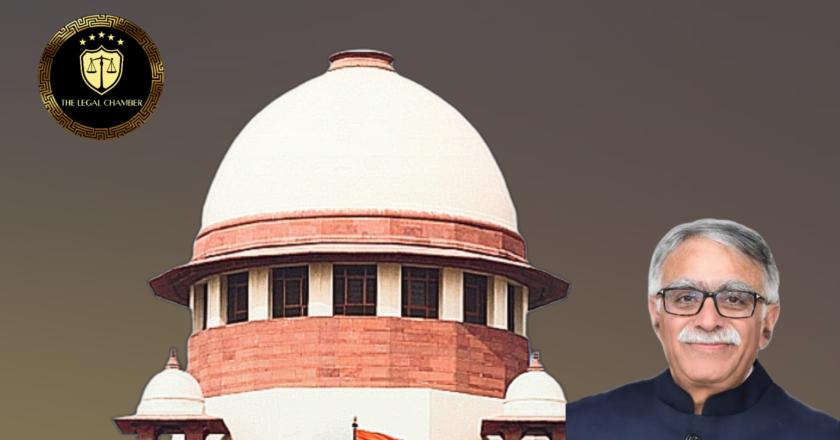Right to Privacy Prevails: Supreme Court Rejects Forced DNA Test in Paternity Dispute
In this Supreme Court judgment, the Supreme Court ruled that a DNA test cannot be ordered as a matter of routine. It emphasized that the conclusive presumption of a child's legitimacy under Section 112 of the Indian Evidence Act can only be displaced by proving "non-access." Absent such proof and a direct nexus to the alleged offence, forced testing violates the right to privacy and bodily autonomy.
Facts Of The Case:
Respondent No. 1, Kamar Nisha, was married to Abdul Latheef in 2001. Latheef, suffering from a skin ailment, was successfully treated by the appellant, Dr. R. Rajendran. Latheef confided in the doctor about his lack of progeny, leading to a request for medical assistance for his wife. Following this, an extramarital relationship developed between the appellant and...
